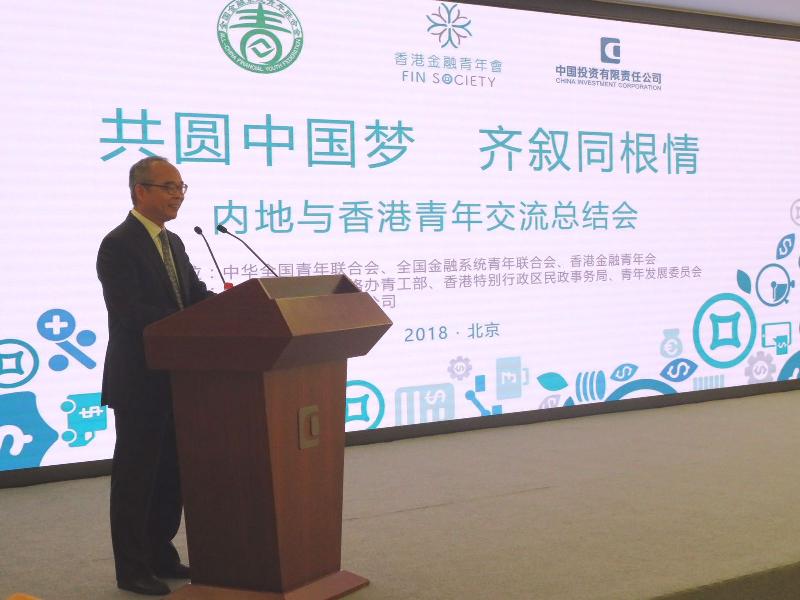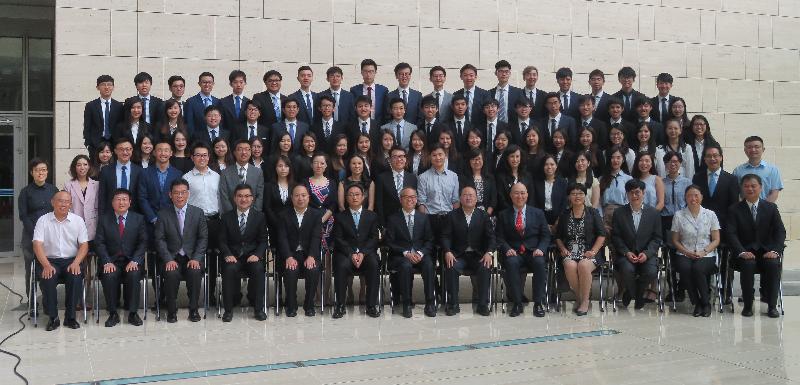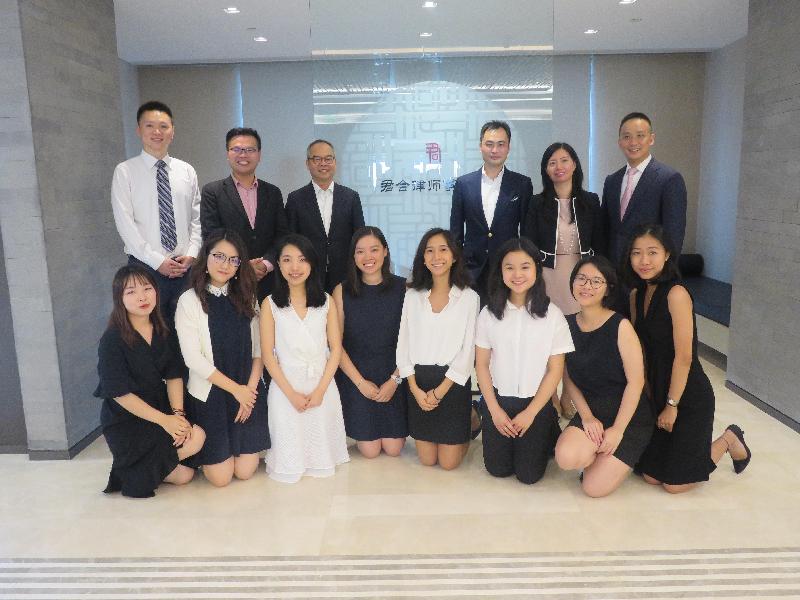Transcript of remarks by SEN
Following is the transcript of remarks by the Secretary for the Environment, Mr Wong Kam-sing, after the meeting with members of the trade on the preparation work for the implementation of the Producer Responsibility Scheme on Waste Electrical and Electronic Equipment today (July 27):
Reporter: Mr Wong, did the trade raise any fresh concern with you at this late stage given it's just a few days away from implementation? And secondly, it is supposed to be a producer responsibility scheme. How are you going to ensure that it does not turn into a consumer responsibility scheme?
Secretary for the Environment: Firstly, you mentioned the name "PRS", producer responsibility scheme. I think we have to understand that the term "producer", under the PRS, not only means the manufacturers. It actually and theoretically includes producers, companies importing the appliances, retailers and consumers. All of them are part of the producers of e-waste, or equivalent, and they have to somehow share the burden or expenses for environmental benefits. But to what extent they are sharing will depend on the commercial decision. In a competitive environment, the price of a product depends on various factors. Based on overseas experience, commercial decision will finally decide how the expenses will be shared.
Regarding the meeting, as I have said in my opening remarks, we have been keeping close contact with the trade in the past years. For instance, since late last year, we have already had a pilot scheme with certain retailers to implement and try out the Removal Service Trial Scheme. They have accumulated the experience and we have been in close contact with them to pave the way for rolling out this PRS. The meeting with them today is to keep me and all of us updated about what the Government is doing, what the WEEE‧PARK is planning to do, and any particular response from retailers. In general, they are reiterating their support for the PRS. We understand that time is needed for the trade and the public to adapt to the changes regarding the implementation of this PRS. I think it is a good timing for us to have the meeting. At the same time, they requested for more meetings after August 1 so that all of us can keep updated and see how we can do something extra to ensure that everything runs smoothly.
(Please also refer to the Chinese portion of the transcript.)



